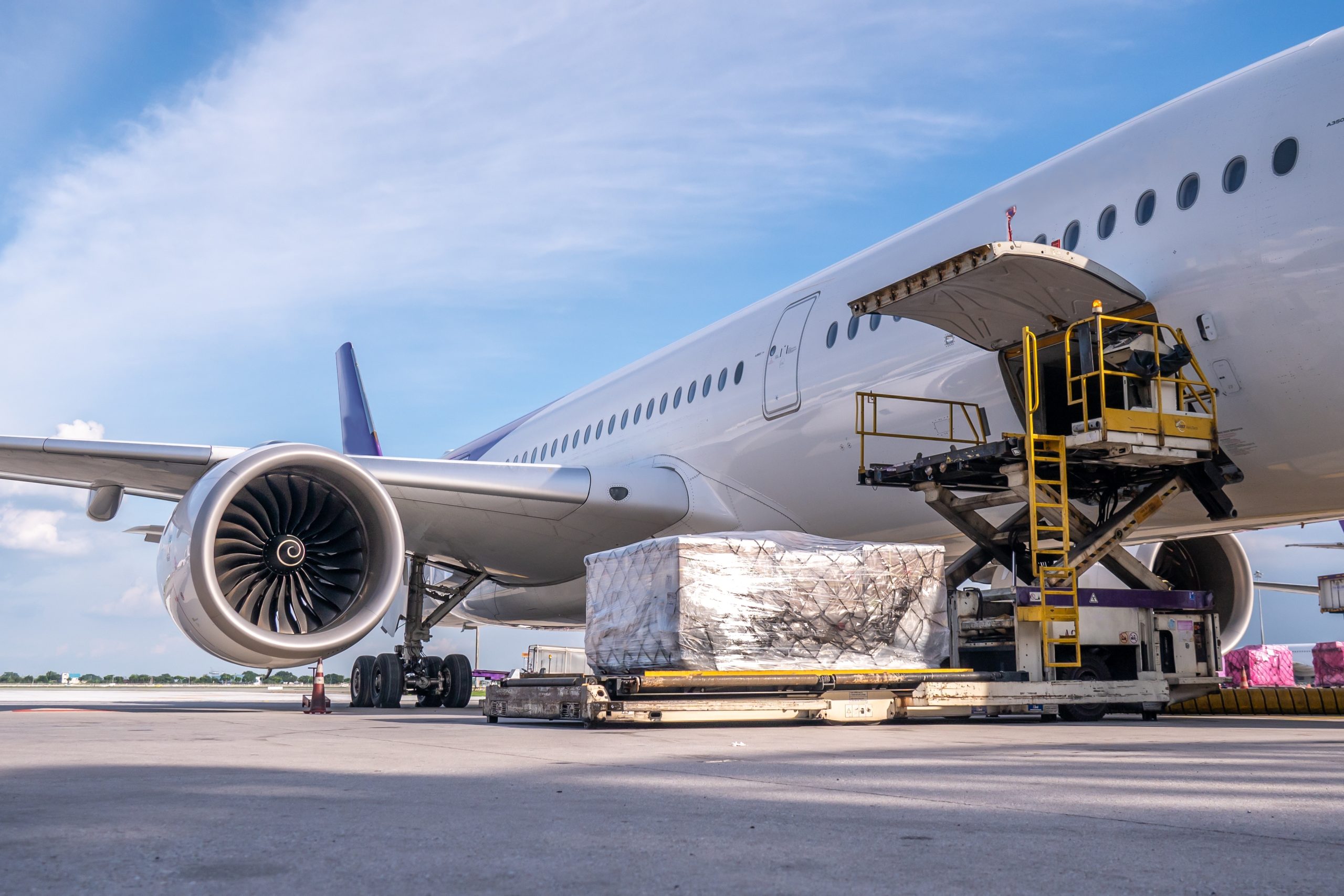Edmonton International Airport's Visionary Plans for Cargo, Real Estate, and E-commerce Growth
Key Ideas
- Edmonton International Airport is focusing on expanding its cargo operations, supporting airlines with cargo growth, and developing e-commerce as a key area for future cargo growth.
- The airport is investing in infrastructure like cargo aprons, fuel hydrogen systems, and perishables handling facilities to enhance its capabilities for handling a wide range of cargo.
- A major project is on the horizon for the airport, the CAD$300 million international cargo hub, which aims to transform 2000 acres at the airport into a modern cargo logistics center to support the region's cargo business.
- Despite challenges faced in the aviation industry due to the pandemic, Edmonton International Airport thrived on the cargo side by quickly adapting to handle the surge in goods, particularly from China, transitioning from PPE to e-commerce shipments.
At the Routes Asia 2024 conference in Langkawi, Malaysia, Alex Lowe, Director of e-commerce, Cargo, and Aviation Real Estate at Edmonton International Airport, shared the airport's strategic plans for growth. The airport is focusing on expanding cargo operations by supporting airlines with cargo growth and developing e-commerce as a vital component for future cargo expansion. Edmonton International Airport aims to act as a gateway for e-commerce products for North America, leveraging its strategic location. The airport has successfully attracted flights carrying e-commerce goods from China and other parts of Asia, establishing itself as a crucial hub for e-commerce cargo movements. The airport is investing in infrastructure developments such as cargo apron expansions, fuel hydrogen systems, and perishables handling facilities to enhance its cargo handling capabilities.
A significant upcoming project for the airport is the CAD$300 million international cargo hub, which will convert a substantial portion of airport land into a modern cargo logistics center. This hub will include warehousing, frontline airside facilities, and ground-side distribution centers to support the region's cargo business, with a focus on e-commerce. Despite challenges faced during the pandemic, particularly in the aviation industry, Edmonton International Airport managed to thrive on the cargo front. By swiftly adapting to handle the surge in goods, especially from China, the airport shifted from handling personal protective equipment (PPE) to e-commerce shipments. This flexibility and foresight in infrastructure development enabled the airport to excel in handling various types of cargo and strengthen its position in the e-commerce logistics sector.
